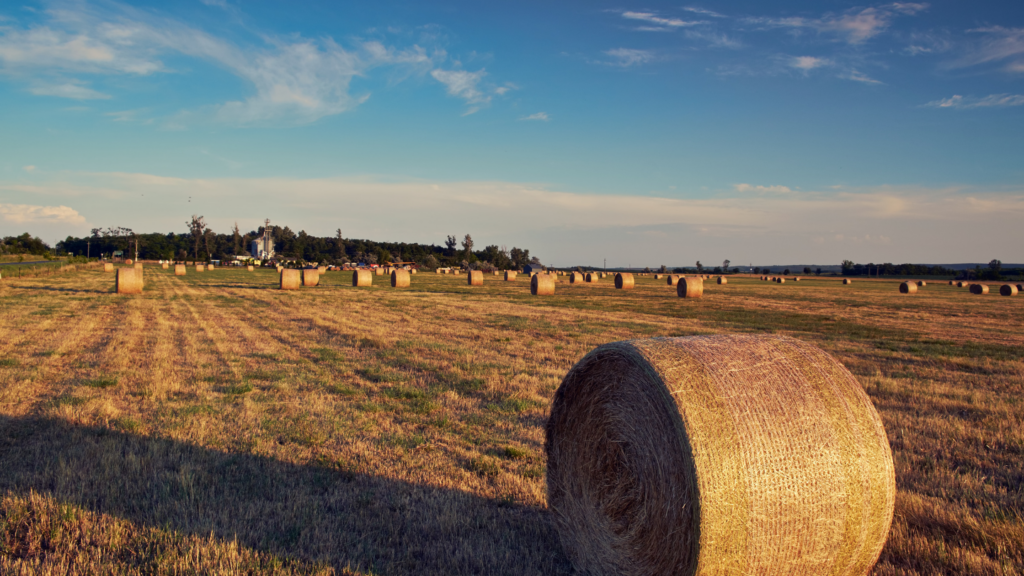The property tax code says that assessing officials should grant farm classification after two years of
continuous farming activity. For cropland, that means that more than half the property needs to be
planted and harvested annually for two years before farm classification should apply. For pastureland,
the property needs to be fenced and utilized for grazing for two years before farm classification should
be granted. Beekeeping has become more popular to qualify for farm classification as well.
Once the assessor changes the class from residential or commercial to farm, the valuation is determined
by the Illinois Department of Revenue’s productivity indices. Property classified as farmland is typically
taxed at much lower rates than residential or commercial property.
If you currently own property that is classified as a farm, you should be very concerned about losing the
classification due to the potential increase in tax liability if the classification is lost. For best practices,
contact us.


